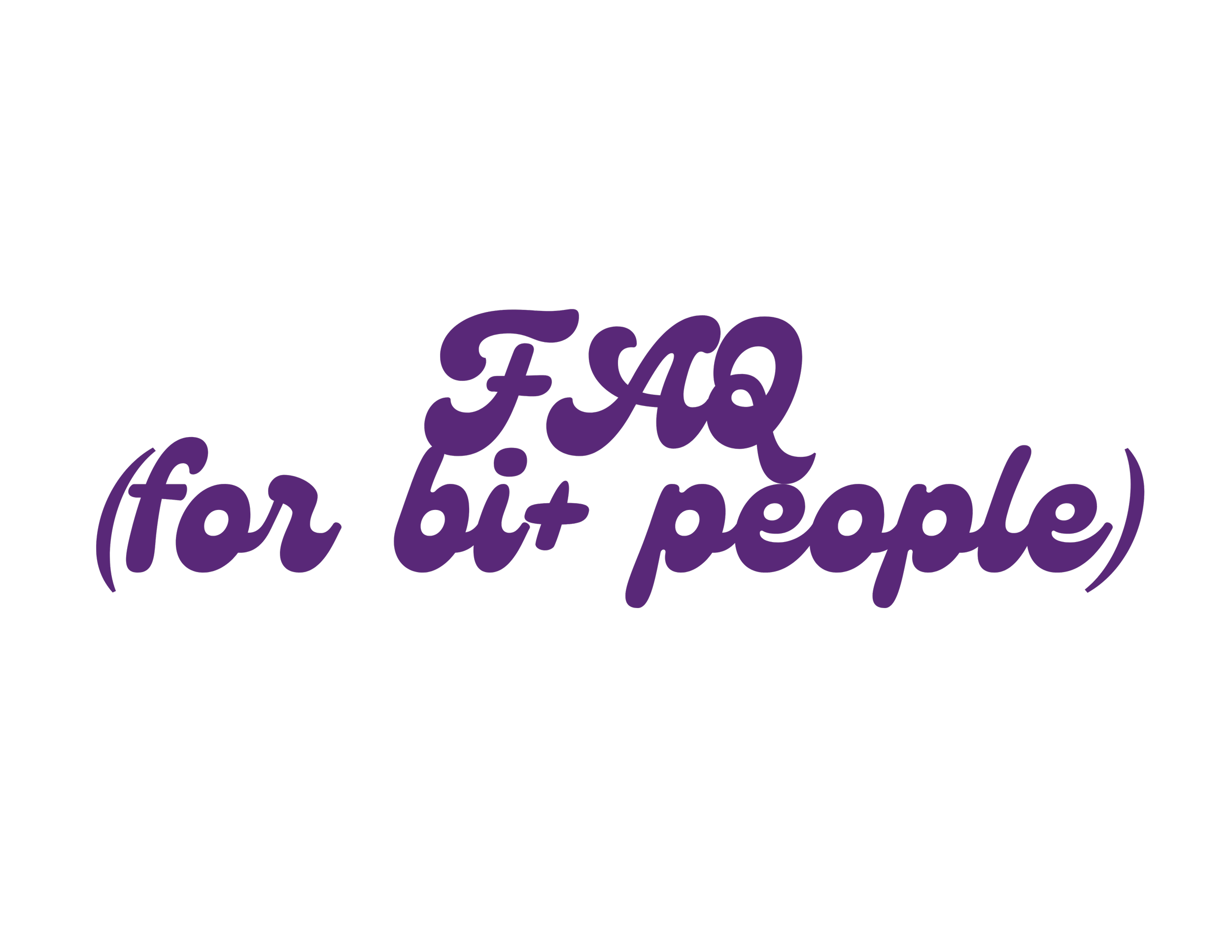-
Only you can answer that. You might find it helpful to reflect on the people you've been attracted to in your life so far. Were they all of the same gender? If the answer is "no", then you might be bisexual.
How you identify is up to you. People who experience attraction to more than one gender use a few different terms for themselves, and choosing which label you prefer ‐ or choosing not to apply one at all - is entirely personal.
-
You might be, if you feel like the label is a good fit. The definitions of bisexual, pansexual, polysexual and omnisexual broadly overlap, and while some people under the bisexual umbrella find the distinctions useful, others prefer a broader stroke. You'll probably get sick of us saying this, but it's entirely up to you.
The prefixes pan and omni both mean all, so it stands to reason that both pansexual and omnisexual both mean attraction to all genders. In practice, pansexual is generally used to mean attraction regardless of gender and omnisexual as attraction that actively considers gender.
The prefix poly means many. Polysexual people are therefore attracted to multiple genders.
-
The simple answer is because that's what the bisexual community says.
The meaning of the words homosexual and heterosexual have stayed fairly static since their inceptions, but the word bisexual has a longer and much more varied history.
Coined around a century and a half ago, bisexual was first a botanical term, then a biological term used in the same way we would use "intersex" today. Later it entered the lexicon of human sexuality, when it appeared in a translation of Richard von Krafft-Ebbing's work Psychopathia Sexualis (The Psychopathology of Sex) where it referred to the the state of having both masculine and feminine characteristics in one psyche.
It would be disingenuous to claim that no one has ever used the word to refer to attraction to just cis men and cis women, but as our understanding of gender has evolved, our use of the word bisexual has evolved with it.
Since the 1980s, the word bisexual has slowly solidified its current definition. At Biscuit we phrase this as attraction to more than one gender but you might also see it defined in other, similar, ways, like attraction beyond gender, or attraction to two or more genders.
-
Yes! The bi+ community can be hard to find, but it does exist. It mainly revolves around events like BiCon and Bi Pride, or the community coming together to celebrate Bi Visibility Day or Bi History Month, but you can find bi communities all over the UK. Manchester and Birmingham both have thriving bi+ communites, as does London. In Scotland and Wales, like in England, communities tend to form in major cities, so Cardiff and Edinburgh are the best places to look.
Bi communities are much more easy to find online, especially on social media. TikTok and Instagram both have busy bi+ hashtags, and there are active communities on sites like Tumblr, Facebook, and Reddit too.
You can also find plenty of bis and pans in the wider LGBTQ+ scene (both out and not), as well as those who aren't involved at all.
-
-
You are still bi+ if you are…
sexually inactive
interested in different genders in different ways
making a choice to date one gender
monogamous
not an expert on queer culture
not involved in bi+ or queer communities
haven’t told anyone
-
You are still bi+ if you don’t
want to date
want to have sex
enjoy threesomes and group sex
have sexual or romantic experience with a specific gender
tell anyone

